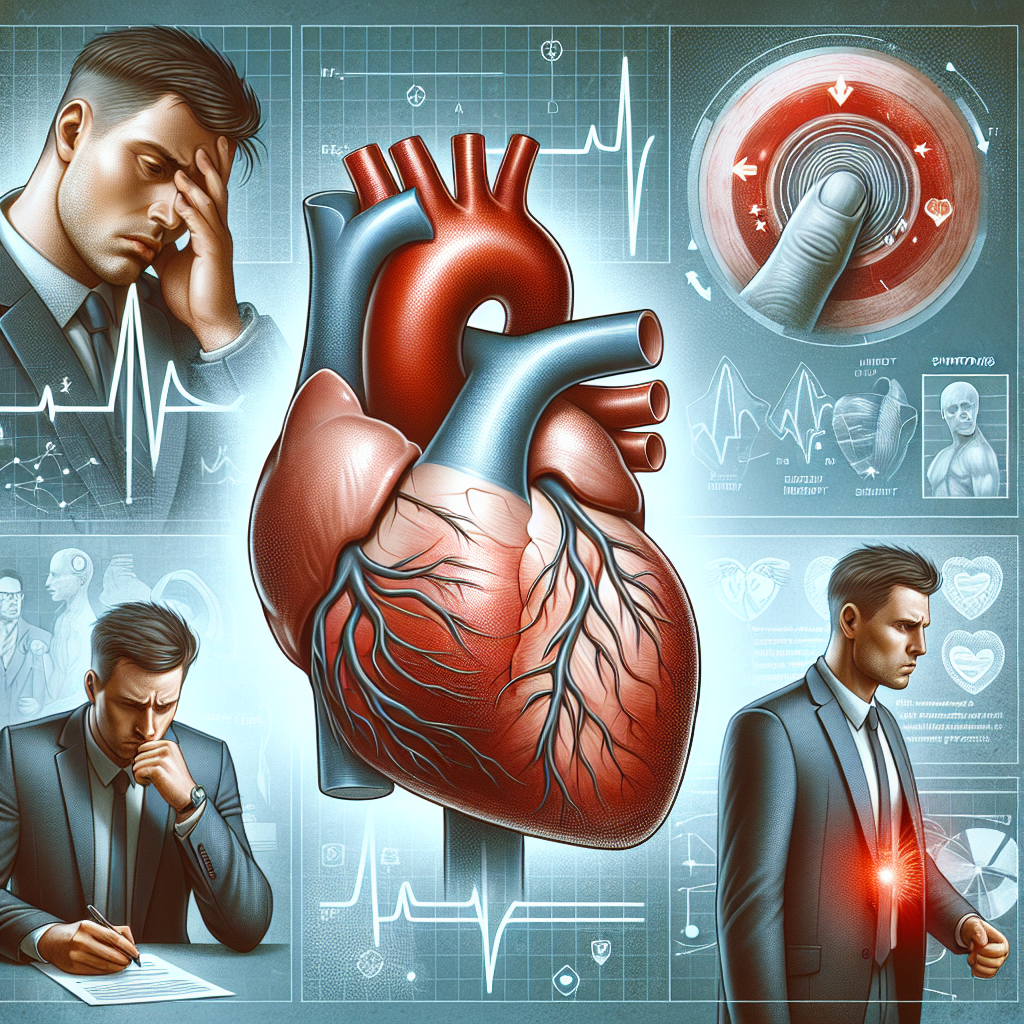Congestive heart failure (CHF), also known as heart failure, is a chronic progressive condition that affects the pumping power of your heart muscles. In other words, it’s more of a syndrome than a disease and symptoms occur due to the heart’s inability to pump enough blood to meet the body’s demands causing blood and other fluids to back up into the lungs.
Understanding Congestive Heart Failure
The heart, a muscle comprised of four chambers, is the central blood-pumping organ in the body. Each time it contracts, it pumps blood to the various organs and systems within the body. When the heart’s output decreases due to various causes, the blood flow to these systems slows down, leading to congestive heart failure.
Causes of Congestive Heart Failure
Various conditions can lead to congestive heart failure; some directly affect the heart and others are more systemic, impacting the entire body. The following are some of the primary causes of heart failure.
- Coronary artery disease: This is the most common cause. It results from the narrowing of the arteries that supply blood to the heart muscle.
- Cardiomyopathy: This refers to diseases of the heart muscle that make it hard and stiff or too thin to function properly.
- Hypertension: Over time, high blood pressure can lead to heart failure by making the heart work too hard, causing the heart muscle to thicken and become less efficient.
- Heart valve diseases: Damaged or diseased heart valves makes the heart work harder, which can lead to heart failure.
- Myocardial infarction: More commonly known as a heart attack, this can damage the heart muscle resulting in a section of the heart being starved of oxygen, leading to failure.
Symptoms of Congestive Heart Failure
Heart failure can be both an acute (sudden onset) or chronic (occurring over a longer period) condition. However, regardless of its nature, various symptoms are associated with heart failure:
- Shortness of breath: This often occurs during physical exertion but can also happen while resting or sleeping.
- Swelling (edema): Fluid buildup can cause swelling in the feet, ankles, legs, or abdomen.
- Fatigue: Because the body isn’t receiving a sufficient supply of blood, you may feel tired or have reduced stamina.
- Rapid or irregular heartbeat: The heart may speed up to compensate for its lack of pumping power.
- Persistent cough or wheezing: This may be a result of fluid buildup or congestion.
- Increased urination at night: This is often a sign of advanced heart failure.
- Difficulty concentrating: This may occur due to lack of blood flow to the brain.
Conclusion
Understanding the causes and symptoms of congestive heart failure can help individuals get the necessary medical attention early to manage the condition effectively. While the disease is indeed a severe medical condition, early detection, lifestyle changes, and suitable treatments can significantly improve one’s quality of life.
FAQs
1. Can congestive heart failure be cured?
Congestive heart failure is a chronic condition and cannot be cured. However, with early diagnosis and proper treatment, the symptoms can be managed and the progression of the disease can be slowed down.
2. What lifestyle changes are recommended for someone with congestive heart failure?
Suggested lifestyle changes include eating a heart-healthy diet, limiting fluid intake, avoiding alcohol and caffeine, quitting smoking, and engaging in regular light physical activity.
3. Can you live a long life with congestive heart failure?
Yes, with the appropriate medical advancements, treatments, and lifestyle adjustments, individuals with CHF can lead meaningful and productive lives.
4. Does heart failure mean that the heart stops beating?
No, heart failure does not mean the heart stops beating entirely. Rather, it refers to a condition where the heart can’t pump blood efficiently to meet the body’s needs.
5. Are certain people more at risk for developing heart failure?
Yes. Age, genetics, and conditions like diabetes, obesity, and high blood pressure can increase the risk of developing heart failure.

Leave a Reply